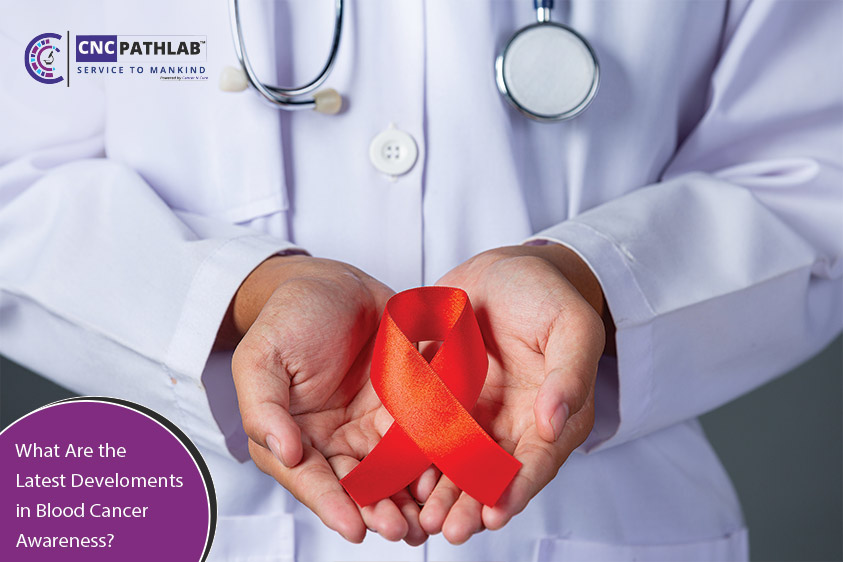Vitamin D: The health benefits you will get from Vitamin D
In the last few decades, there are lots of cases of low vitamin D levels which led many doctors to routinely identify the test of vitamin D level in their healthy patients. Because of Low vitamin D lot of people are suffering from chronic diseases such as cancer, heart disease, diabetes, and other diseases.
Good health is complete physical, mental, and social health. It is critical to consume enough healthy food that is rich in all vitamins and minerals in order to maintain excellent health. A lack of healthful foods in the diet might lead to physical weakness and difficulties. This brings us to one of the most vital nutrients for a healthy and normal life: Vitamin D.
What are the Benefits of Vitamin D?
Vitamin D is also called as ‘Sunshine Vitamin’. It is a most important vitamin that helps our body to work properly like absorption of calcium and phosphorous and help for a healthy immune system.
- Bones are strengthened: Vitamin D is considered an essential part of healthy bones and muscles. Our bodies cannot absorb calcium properly without Vitamin D, which is necessary for good bone health. Vitamin D deficiency causes rickets in children, which causes bone weakening, bowed legs, and other skeletal abnormalities like bent posture.
- Cardiovascular disease prevention: The extent to which vitamin D may protect people from cardiovascular disease has yet to be determined. Several processes have been hypothesized, including reducing parathyroid hormone (PTH) levels, enhancing vascular compliance, and improving glycemic management via adversely regulating renin.
- Reducing the risk of developing Type 2 diabetes: It may help people with type 2 diabetes lower their average blood sugar levels; it is most beneficial in people who have a vitamin D deficiency and are non-obese and deficient. Because of our busy and unhealthy lifestyles, type 2 diabetes has become a relatively common disease. Long-term effects of type 2 diabetes include heart disease, eye and nerve damage, vision loss, and kidney failure.
- Decreasing the cancer risk: Vitamin D is one of the most powerful inhibitors of cancer cell development. Vitamin D works as a solid cancer obstructer by enhancing calcium absorption, cell differentiation, and limiting metastasis.
- Muscle function improvement: Abnormality and muscular weakness are linked to vitamin D insufficiency. It is believed that omitting Vitamin D from one's diet is equivalent to skipping leg day. With so many benefits from Vitamin D, it's critical to get an adequate dose and get a regular Vitamin D test to ensure your body's proper functioning.
Reasons why Vitamin D is important
Here are some compelling reasons why Vitamin D is so important to human health:
-
It aids in the maintenance of proper Phosphorous and Calcium levels in the blood.
- It aids in the maintenance of a healthy immune system.
- Calcium absorption is aided by it.
- It helps to avoid sadness and promotes happiness.
- Cell development and bone mineralization are aided by it.
- It increases the lungs' functionality.
- It aids in the loss of weight.
- Cancer, diabetes, heart disease, autoimmune illnesses, stroke, and depression are all prevented by this supplement.
Vitamin D Deficiency Symptoms and Health Risks in Different Age Groups:
Vitamin D deficiency has mild signs and includes a set of problems, as follows:
- Children:
- Health Risks: Rickets (Soft, thin and brittle bone)
- Symptoms: In toddlers, bowed legs are common. Floppiness in an infant's limbs, Knees are knocked out in older children. A delicate skull, Abnormalities of the skeleton and teeth. Teeth development is delayed. Calcium level is low in the blood.
- Health Risks: Asthma
- Symptoms: Coughing on a regular basis, shortness of breath Fatigue, and congestion in the chest.
- Adults:
- Health Risk: Osteomalacia/osteoporosis
- Symptoms: Bones that are weak (bone pain, bones break easily, bone tenderness), Costochondral enlargement or prominent bone knobs Muscle weakness (weakened heart muscles, muscle spasms), Deformities of the spine, pelvis, or skull Wrists are widening.
- Health Risk: Cardiovascular disease
- Symptoms: High Blood Pressure
- Health Risk: Cognitive Impairment
- Symptoms: Confusion, dullness, loss of memory (short/long-term)
- Health Risk: Cancer
- Symptoms: Increased tumours cells, cancer cells
Best Sources of Vitamin D
There are 4 Sources of Vitamin D
- Sun: It is a natural source of Vitamin D, and the skin is the channel through which it is absorbed and transferred to the body.
- Foods with extra vitamins: Juice Drinks, soy milk, cow’s milk, cereals, and oatmeal
- Diets: Meat, Egg, mushrooms, milk, cheese, salmon, yogurt, soy drinks, fatty fish
- Supplements: Oral Vitamin D supplements (as per a healthcare provider's prescription).
What are the benefits of doing a Vitamin D test?
The Vitamin D test is used to determine the following:
- A Vitamin D test can detect a vitamin D deficiency if a person is exhibiting done weakness, bone deformity, or improper calcium metabolism.
- Vitamin D testing is required to diagnose parathyroid gland problems.
- People who are at risk of Vitamin D insufficiency can be screened with a Vitamin D test.
- A Vitamin D test can be used to monitor persons who have had gastric bypass surgery and are unable to absorb enough vitamin D.
- Vitamin D testing can assist in determining the health condition of persons who have disorders that prevent fat absorption.
- Vitamin D tests are also used to track the effects of treatment that include Vitamin D, phosphorus, magnesium, and calcium.
How should the results of a Vitamin D test be perceived?
|
Reference Range |
Perceived |
|
0-40 ng/ml (0-100 nmol/l) |
Deficient |
|
40-80 ng/ml (100-200 nmol/l) |
Sufficient |
|
80-100 ng/ml (200-250 nmol/l) |
High Normal |
|
>100 ng/ml (>250 nmol/l) |
Undesirable |
|
>150 ng/ml (>375 nmol/l) |
Toxic |
Point to be Noted
A lack of essential vitamins in the body can hamper its performance and growth. This makes it important to keep a check on the vitamin levels in the body. A vitamin test helps in screening any possible vitamin deficiency in your body by performing an in-depth analysis with the help of some required tests.
“In a summary, a sufficient supply of vitamin D is necessary for all humans, regardless of age. Get at least 30 minutes of exposure to the natural source of vitamin D, sunshine, and eat a diet rich in vitamin D or fortified vitamin D products or supplements.”
CNC Pathlab offers Vitamin D tests and Vitamin D3 tests. Vitamin D tests can be booked online and sample collection can be done right at your house.

.jpg)
.jpg)


.jpg)
